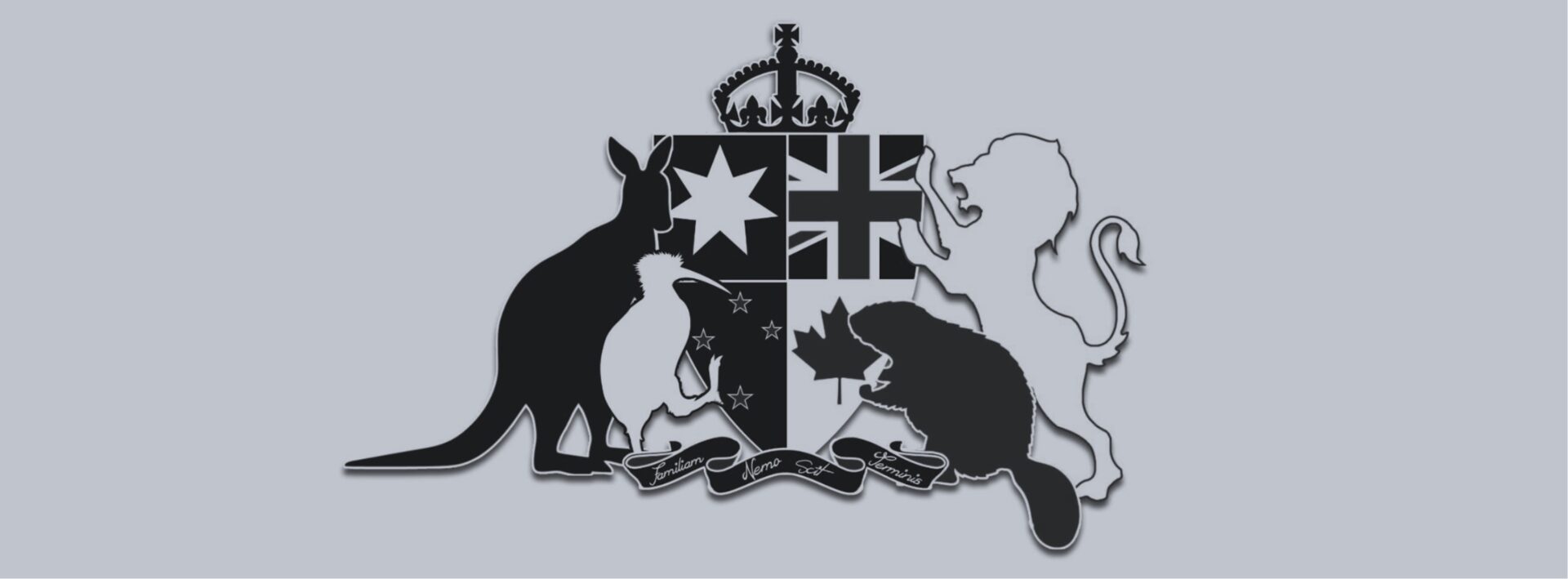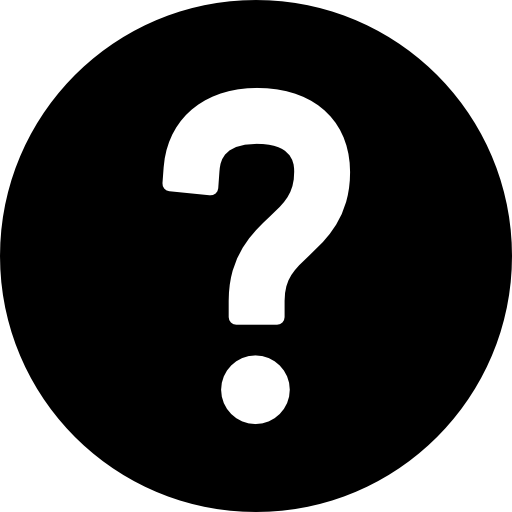Loyalist № 4
To the Peoples of North America, this being a Loyalist response to Federalist No. 4
At the outset of Trump’s threat to impose punishing tariffs on Canada and Mexico, suggestions began swirling among national and international commentators that Canada should consider joining the European Union. In an opinion piece published in The Economist on January 2, 2025 – two weeks before Trump had even retaken office – the pseudonymous Charlemagne observed,
Like Europeans, Canadians believe that markets work but must be tempered by welfare states. Their governments offer similar deals to citizens: high taxes, messy parliamentary politics … and good living standards for nearly all. Both trade openly, fret about global warming and dislike guns, the death penalty and Russian aggression.
Though written half in jest, the opinion piece makes a compelling argument: international blocs and alliances are only effective to the extent that they are rooted in shared values. For a long time NATO, founded as a defensive league of democracies, maintained this quality; it is debatable whether it still does today.
On that same basis, each of the three authors of The Federalist Papers advances his own case for a stronger Union. In Federalist No. 2, John Jay highlights the states’ common ancestry, language, religion, customs, and geography, reinforced by their shared struggle for independence.1 Expanding on this in Federalist No. 4, he warns about persistent threats from nearby colonial powers like Spain, France, and Great Britain. Best to stand together in defence of common cause and values. The states, he argues, “consider union and a good national government as necessary to put and keep them in such a situation as, instead of inviting war, will tend to repress and discourage it. That situation consists in the best possible defence.”
Jay’s point here is that fragmentation, both real and perceived, will make each of the states vulnerable to manipulation and exploitation by foreign powers. In the case of the young United States this same threat is heightened: the continent’s vast natural wealth paired with growing American industry and commerce will only make it an increasingly likely target of aggression. In fact, Jay frets in Federalist No. 4 that Spain and Britain are already asserting dominance over crucial waterways like the Mississippi and the St. Lawrence, and that both powers continue to harass American shipping in the Atlantic. America, he feels, is already under a de facto blockade and vulnerable to attack at any moment.
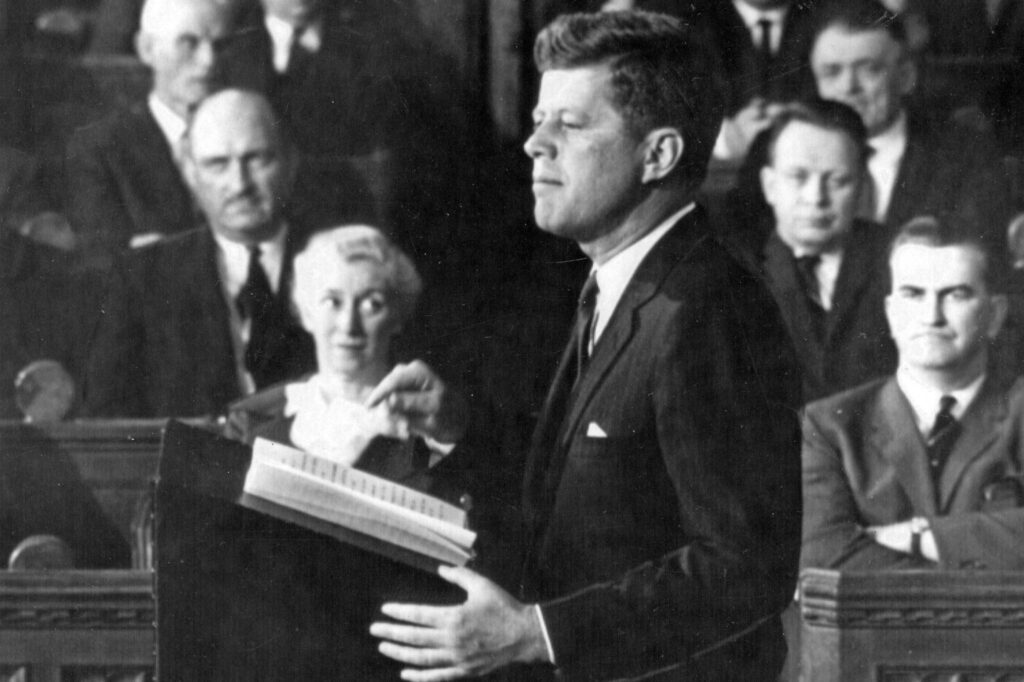
While the political map of North America has changed dramatically since Jay’s time, the logic of his argument remains sound: smaller countries risk coercion and domination at the hands of more powerful ones. Yet for more than two hundred years following America’s failed takeover of Canada in the War of 1812, the two countries have not only coexisted peacefully but have also prospered side by side. In his address to Canada’s Parliament in 1961, President John F. Kennedy famously characterized the relationship between Canada and the United States this way:
Geography has made us neighbors.
John F. Kennedy, in his 1961 address to Canada’s Parliament
History has made us friends.
Economics has made us partners.
And necessity has made us allies.
Prime Minister Justin Trudeau quoted those very same words back to the Americans in what was perhaps the best speech of his career, delivered on the eve that Trump’s tariffs were to have taken effect. Tellingly, Trudeau diplomatically omitted the line that JFK had spoken next: “Those whom nature hath so joined together, let no man put asunder” – it being just a touch too on the nose.
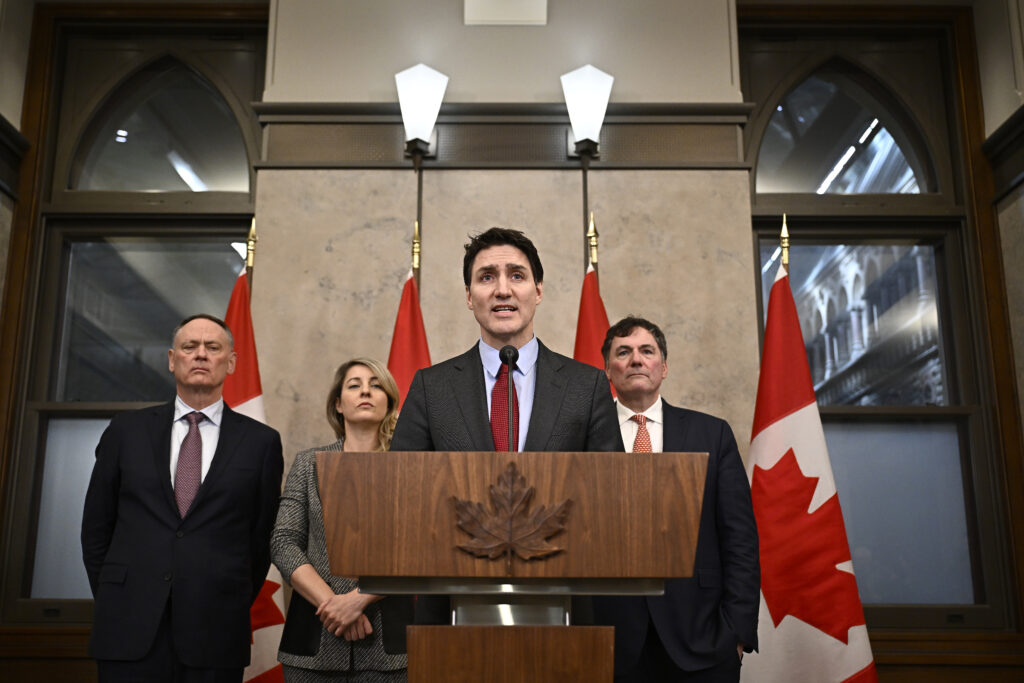
Trump’s campaign of economic aggression against America’s closest neighbours perfectly mirrors the dangers that the Framers feared would befall their own countrymen were they to have voted down the Constitution in 1788. Jay most feared these dangers from dictatorial leaders, writing that
absolute monarchs will often make war when their nations are to get nothing by it, but for the purposes and objects merely personal, such as thirst for military glory, revenge for personal affronts, ambition, or private compacts to aggrandize or support their particular families or partisans. These and a variety of other motives, which affect only the mind of the sovereign, often lead him to engage in wars not sanctified by justice or the voice and interests of his people.
Just as Jay feared for his own compatriots in the eighteenth century, the growing concentration of American power in the executive branch of the United States government now threatens Our fractured federation in the twenty-first.
Our disunion puts Us at risk in two ways. First, domestically, where Our thirteen provinces and territories rarely agree on anything, leading to a tendency to sacrifice the collective good in favour of narrower interests. Second, internationally, where Our membership in multilateral organizations that do not also include the United States number but a few, leaving us little capacity to act independently as Canadians outside the orbit of Our powerful neighbour. Here the Commonwealth of Nations and La Francophonie are the only significant opportunities that come readily to mind.
It has been said many times and in many different ways, stretching all the way back to Confederation in 1867: We are utterly dependent, both politically and economically, on a single powerful neighbour – one that has now shown itself susceptible to violent mood swings. Paying so little attention to Our domestic politics and even less to Our national mood, ordinary Americans have surely failed to grasp the depth of mistrust that their re-elected leader has engendered in Canadians, and, even worse, that he has done so with no appreciable benefit to their own national interest.
Under the second Trump Presidency, American national policy is being made in a way that closely resembles the absolute monarchical power against which the Founders rebelled. To adapt JFK’s sentiments: geography may have made Canada and the United States neighbours, but necessity now compels Us down a different path. Let no single man put Canada asunder.
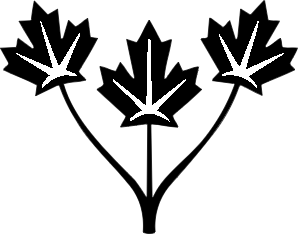
Time to look elsewhere for new long-term security and economic partners.
What, then, of the European Union? As Charlemagne readily admits in his Economist opinion piece, Canada joining the club is ultimately implausible. Under Article 49 of the Maastricht Treaty, which created the European Union in 1992, any “European State” may apply to join. The European Parliament has already interpreted the term to read “equally well in geographical, cultural or political terms,” meaning that Canada could technically apply to join on the basis of Our predominantly European cultural and political heritage.
Practically, however, such a bid for membership is not very likely to succeed. Unanimous consent by all 27 existing members is a requirement to admit new ones. That is a tall order considering that the Comprehensive Economic and Trade Agreement (CETA), the 2014 trade deal between Canada and the EU, has yet to be ratified by ten EU members more than a decade after it was agreed.2 While Canada could certainly do more to deepen its trade and security arrangements with Our European allies, that is not likely to serve as the best bulwark against Our overbearing neighbour.
What about expanding Our influence in the Commonwealth? That is unlikely to be very helpful, at least given the organization’s current form. Membership in the Commonwealth includes more than 50 countries ranging from Antigua to Zambia. With only two exceptions (Mozambique and Rwanda) all of the Commonwealth countries are former dominions, territories, or possessions of the British Empire. For that reason, there are few – if indeed any – commonalities between them besides a shared experience of colonization.
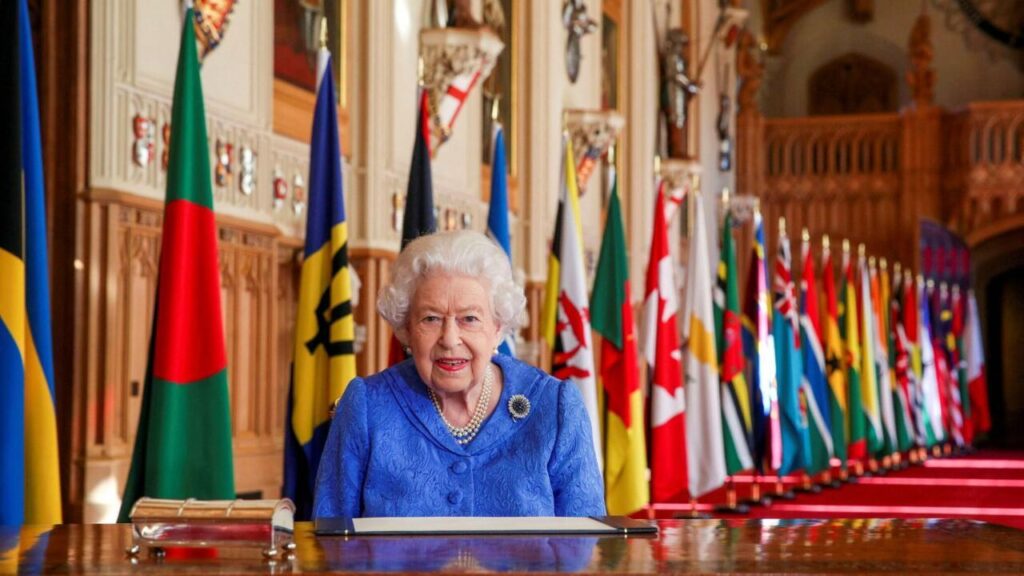
Yet Canada would nevertheless do well to begin here. We already share deep historical, political, and cultural ties with several key Commonwealth countries, notably Australia, New Zealand, and of course the United Kingdom. We all speak English and share similar values, outlooks, and customs. We all enjoy high standards of living, similar levels of economic development, and extensive social programs. We all share the Common Law, deep traditions of Westminster parliamentary democracy, and the same Head of State in Charles III. And most notably of all, We all remain loyal to the Crown.3 All of these points echo the very same ones that the American Founders put forward in support of their own closer union under the U.S. Constitution.
The idea of uniting the four most internationally significant Loyalist countries into a single bloc has been around since at least 1967, in the form of “CANZUK” (the acronym for Canada–Australia–New Zealand–United Kingdom). The proposal would establish something similar to the European Economic Community, the 1957 predecessor to the EU. Were it to become reality, CANZUK would command significant natural resources, economic output, and political clout.
CANZUK would span 18 million square kilometres – 12.5% of the globe’s entire landmass – making it the largest political-economic bloc in the world. Rich in natural resources, its oil, gas, and coal reserves would place it among top energy producers alongside the United States and even OPEC. With 50 billion tonnes of iron ore, it would surpass the EU, while its gold reserves would make it a key supplier of precious metals. Producing 50 million tonnes of wheat annually, CANZUK would also be a major food exporter. Thanks to Canada, the bloc would control over 20% of the world’s freshwater. These factors together with its 483 million hectares of forest – nearly three times the size of the Amazon – would establish CANZUK as an energy and commodities superpower.
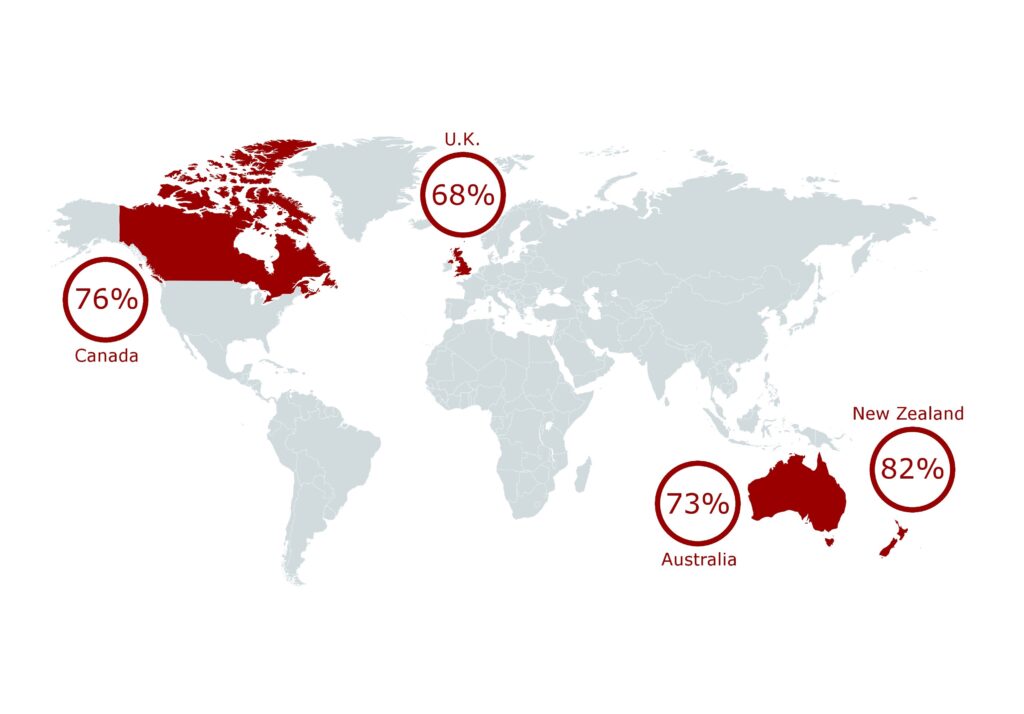
CANZUK would have a combined GDP of $7.3 trillion USD, making it the world’s fourth-largest economy, behind only the United States ($27 trillion), the European Union ($18.6 trillion), and China ($17.8 trillion). The bloc’s economy would be diverse, combining the natural resources of Canada and Australia; the UK’s global financial and legal expertise; and New Zealand’s sustainable agriculture, aquaculture, and dairy exports. With a population of 138 million, CANZUK would rival Japan and Germany in economic scale and consumer markets, providing a strong foundation for trade, investment, and innovation. Existing trade relationships with the United States, the European Union, and Pacific Rim countries would likely allow the bloc to renegotiate even more favourable terms for accessing global markets, beyond already being one of the most globally integrated economies.
As a union of four OECD members, including two G7 countries and three from the G20, CANZUK would have a strong and coordinated presence in international institutions, including a permanent seat on the UN Security Council. Militarily, CANZUK’s combined defence budget ($120 billion USD) would place it among the top global military spenders. Ranking third overall, it would exceed India ($83 billion), Russia ($70 billion), Germany ($55 billion), and France ($52 billion). It would trail only the United States ($860 billion) and China ($290 billion). Given its shared commitment to democracy, the rules-based order, and already existing security agreements like the Five Eyes, CANZUK would be a powerful influence for Westminster principles, counterbalancing China, the EU, and the United States.

Global instability in the eighteenth century gave rise to the American Revolution. So, too, might the political turmoil of Our Own time make CANZUK more of a necessity than a dream. Now well into the twenty-first century, We are witnessing a resurgence of far-right movements across Europe; a rise of authoritarian, even fascistic, politics in the United States; a steady undoing of free trade and globalization; a flailing post-Brexit UK searching for renewed global purpose; a muscular and more confident China seeking to expand its sphere of influence deeper into the Pacific; and a fraying of the rules-based international order that has guaranteed peace between the great powers for the last three generations.
As the bonds that once united democracies begin to falter, champions of the Westminster democratic order must step forward together. Loyalty to the Crown is Our cause. With a firm reliance on the protection of divine Providence, We ought mutually to pledge to Each Other Our lives, Our fortunes, and Our sacred honour. ♛
If you enjoyed this Paper, please consider supporting CANZUK International.
Footnotes
- We previously considered this Paper in Loyalist No. 2.
- Having said that, CETA has been “provisionally” in force since 2017.
- A handful of other Commonwealth countries share many, but not not all, of these characteristics. Barbados, for example, historically shared Westminster traditions, the Common Law, and strong social policies, but is now a republic. Singapore retains the Common Law and has a high standard of living but has developed a different political culture. The Caribbean Commonwealth realms (such as Jamaica and The Bahamas) remain loyal to the Crown and follow Westminster democracy but have lower per-capita GDPs and varying levels of economic development. None align as closely as the four countries We have noted.

